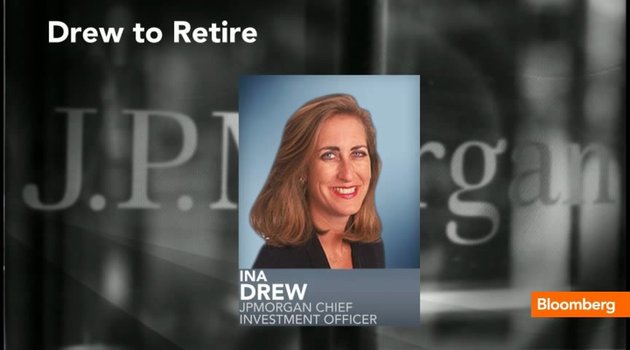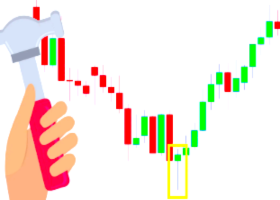It is a pity, we have not yet mentioned the role of women in the financial sector. Only recently I came across a post about successful female traders, published in the Russian blog, and it made me curious.
Such famous periodicals as Times and Bloomberg already wrote a lot about how hostile banks and stock-markets are towards women. For instance, during the last decade Merrill Lynch was confronted with sex-discrimination claims from over 1000 women, and Allison Schieffelin, a former bond saleswoman, filed a gender-bias suit against Morgan Stanley - a case later settled for $54 million. Yet not a lot has improved for women in the financial services industry.
Despite the fact that women tend to win this kind of legal cases, there is still a tendency for female employees to leave their "money-linked" jobs, while discrimination and gender-bias might not be the most important reasons. The thing is that both banking and trading sectors are connected with a huge degree of emotional tension and stress, which are hard to stand for the majority of women and make them commit huge errors.
In 2012, as you remember, public attention was attracted by resignation of Ina Drew, the chief investment officer of American giant JPMorgan Chase, following the bank’s $6 billion loss.
Does it all mean women are better stay away from the financial sector? Recent researches suggest the opposite. Stock exchanges are in high need of women. Let us remember that in her day Drew was said to be one of the most skilled female traders on Wall Street — which, sadly, is just a drop in the ocean.

Ina Drew. Photo credit: Bloomberg
The financial services industry in general and trading in particular are unfortunately a testosterone-fueled culture, one that could use a considered and ongoing rejiggering of the gender balance, as Times suggests. This is not only because we live in the 21st century, when everyone is proclaiming feminism and emancipation, and these kinds of hiring biases and glass ceilings (intentional or not) are wrong and possibly illegal, but it could be possible to avoid many trading debacles if more women were making the decisions. It is the only conclusion you can draw from the seminal research Boys Will Be Boys: Gender, Overconfidence and Commons Stock Investment fulfilled by famous behavioral economists Terrence Odean and Brad Barber.
For their 2001 study, which is still up-to-date, the authors analyzed account data for more 35,000 households at a large discount brokerage, looking at the common stock investments of men and women from February 1991 through January 1997. Their key discoveries proved that men on average traded 45% more frequently than women, and that hyperactive trading reduced their net returns by 2.65 percentage points a year, compared to 1.72 percentage points for women. In other words, men were on average worse stock traders than women.
To be sure, individual investors, the majority of whom can be called amateurs, can hardly be compared with professional traders. However, if we dare to compare, the advantage in such a comparison would likely go to the folks at home. Why? To quote, Odean and Barber: “We believe there is a simple and powerful explanation for high levels of trading on financial markets: overconfidence.”
That is, the more that people overestimate their ability, knowledge
and future prospects (what behavioral economists mean when they use the
term “overconfidence”) the more likely those people are to take action
based on their beliefs. Men, who have been shown in studies to be more
confident than women when it comes to financial matters, are therefore
more likely to trade—and more likely to hurt themselves. Now you can imagine, to what extent professional traders are overconfident.
It’s important to keep in mind, however, that a relative lack of
confidence about financial matters does not actually mean that women are
less knowledgable about the subject, or less able to succeed in the field. There are more recent studies supporting the view expressed by Odean and Barber: that men's overconfidence hurts them as investors, or that women were more successful at trading stocks during the financial crisis.

Mostly, it means they are more likely to be thoughtful and careful, which are hardly bad features, even at high speeds. Almost 20 years ago Money magazine published an article “Why Women Can Be Smarter Than Men About Money.” The story detailed the five ways women, by their nature, tend to outperform men when the playing field is otherwise level:
1. They’re quicker to admit ignorance.
2. They’re more likely to seek help and advice from others.
3. They’re better at specific goal-setting.
4. They do more “homework.”
5. They’re generally more cautious about risk.
There are undoubtedly other gender-specified features which make women commit losses, but it does not mean we cannot reach the balance. Put it the other way: balance is unavoidable in case stocks do not lose female employees. Trading operations need more women, not fewer.



